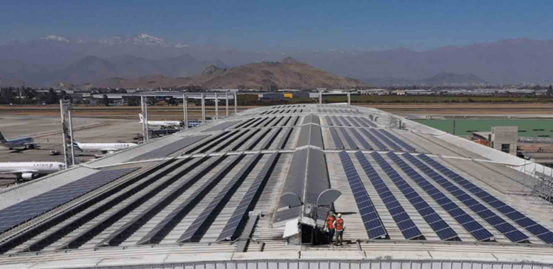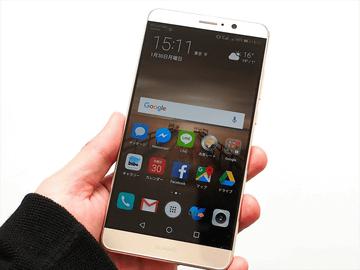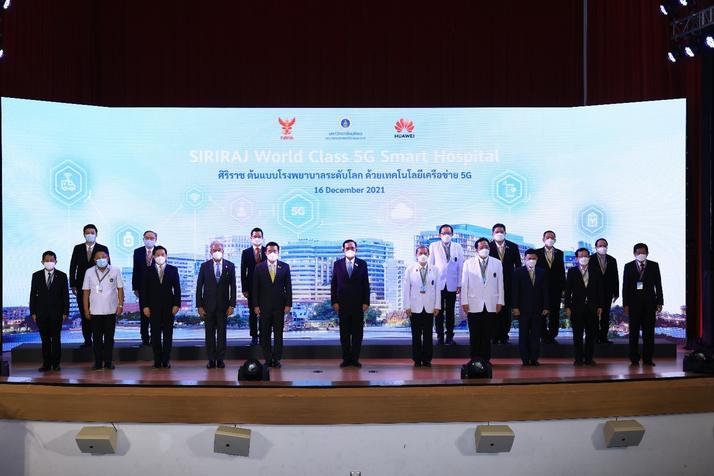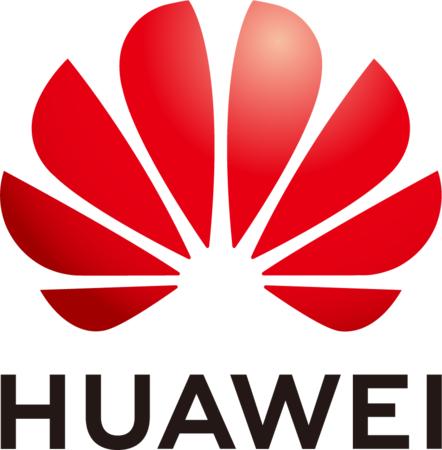The Impact of Smart PV Technology
- 2204
- 98
The Impact of Smart PV Technology
- By huawei-accessories.com
- 06/12/2023
Photovoltaic (PV) technology has long been hailed as a promising solution to meet the world's growing energy demands while reducing reliance on fossil fuels. In recent years, the integration of smart technologies with PV systems has emerged as a game-changer, revolutionizing the way we generate, manage, and consume solar energy. This article explores the profound impact of smart PV technology on the energy landscape, highlighting its benefits and the potential it holds for a sustainable future.
The Transformative Power of Smart PV Technology
Improved Efficiency
Smart PV technology has significantly enhanced the efficiency of solar energy systems. Traditional PV systems operate at fixed parameters, often underperforming due to environmental factors such as shading or suboptimal sunlight conditions. Smart PV systems, on the other hand, use advanced sensors and monitoring devices to optimize energy production in real-time. These systems can adjust the tilt and orientation of solar panels, track the sun's movement, and mitigate the impact of shading, ensuring maximum energy harvest even in challenging conditions.

Enhanced Energy Management
One of the key advantages of smart PV technology lies in its ability to improve energy management. Smart inverters and energy storage systems allow for better control and distribution of solar energy. By intelligently managing the flow of electricity, these systems can stabilize the grid, reduce the likelihood of power outages, and integrate seamlessly with existing energy infrastructure. This enhanced management capability is crucial for the successful integration of renewable energy sources into the broader energy grid.
Integration with Smart Grids
The integration of smart PV technology with smart grids is a significant step toward creating a more resilient and responsive energy infrastructure. Smart grids facilitate bidirectional communication between utilities and consumers, allowing for dynamic energy pricing, load balancing, and efficient distribution. By seamlessly integrating solar energy into this network, smart PV systems contribute to a more sustainable and reliable energy grid.
Cost Reduction
While the initial investment in smart PV technology may be higher than traditional PV systems, the long-term benefits translate into cost savings. The increased efficiency, improved management, and reduced maintenance requirements result in a higher return on investment over the lifespan of the system. Additionally, smart PV technology contributes to a more stable and resilient energy grid, reducing the economic impact of power outages and disruptions.
Real-Time Monitoring and Diagnostics
Smart PV systems enable real-time monitoring and diagnostics, providing valuable insights into system performance. Advanced sensors continuously collect data on factors such as panel temperature, voltage, and current, allowing for early detection of potential issues. This proactive approach to maintenance improves the overall reliability of solar installations and minimizes downtime, ensuring a consistent and reliable energy supply. The integration of HUAWEI's Smart PV technology brings forth a groundbreaking approach to system management. With the convenience of a single application, users can effortlessly configure all system components and gain real-time insights into the status of their PV system. This seamless integration not only enhances user experience but also marks a significant leap in the efficiency and accessibility of smart PV systems.

Environmental Impact
The environmental benefits of smart PV technology are a crucial aspect of its impact. By harnessing solar energy more efficiently and integrating it into smart grids, these systems play a pivotal role in reducing greenhouse gas emissions and combating climate change. The shift towards clean, renewable energy sources is essential for mitigating the environmental impact of traditional energy sources and ensuring a sustainable future for generations to come.
Conclusion
Smart PV technology is reshaping the landscape of renewable energy, offering a more efficient, reliable, and sustainable solution to meet our growing energy needs. The integration of advanced monitoring, real-time diagnostics, and seamless integration with smart grids positions smart PV systems as a key player in the transition to a cleaner and more sustainable energy future. As technology continues to advance, the impact of smart PV technology is likely to grow, contributing to a more resilient, efficient, and environmentally friendly global energy infrastructure.





![[VLOG interlocking report] Try the combination of Manfrotto's Nitro Tech 608 and iFootage's TC6 [VLOG interlocking report] Try the combination of Manfrotto's Nitro Tech 608 and iFootage's TC6](https://website-google-hk.oss-cn-hongkong.aliyuncs.com/drawing/article_results_9/2022/3/25/278166fcc7181b73dd99af1b87fd6482_0.jpeg)









